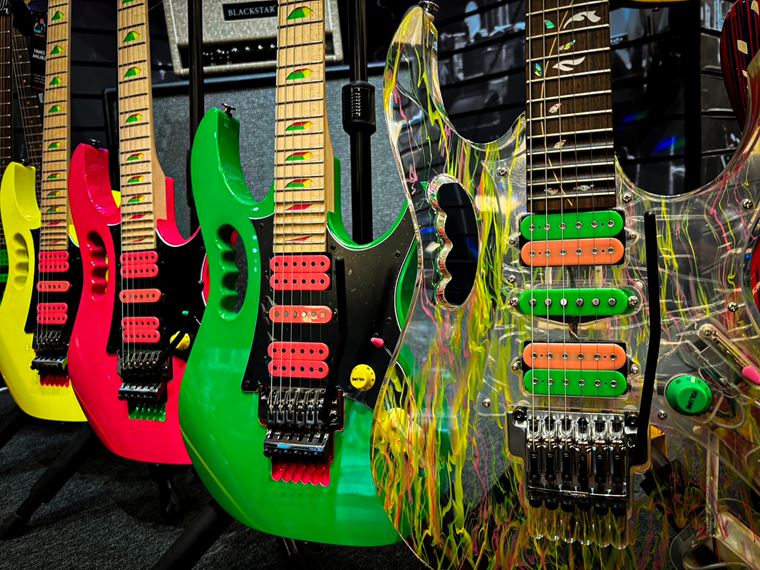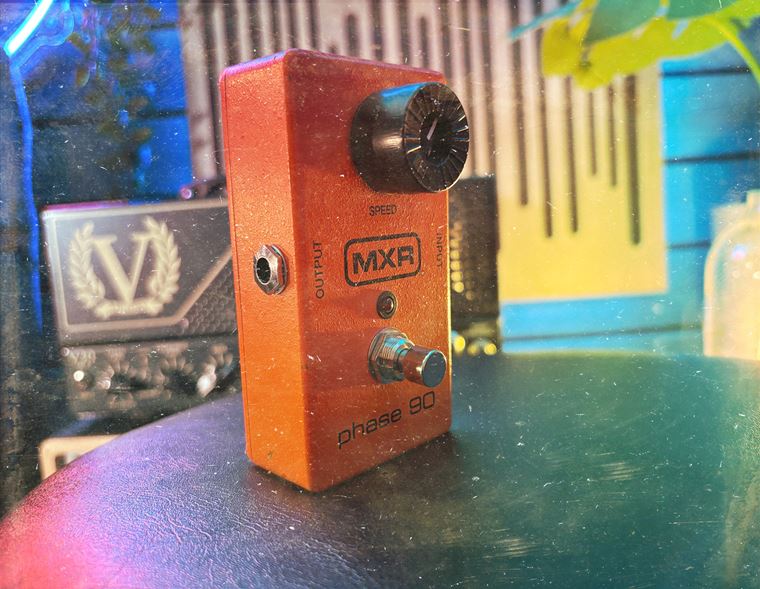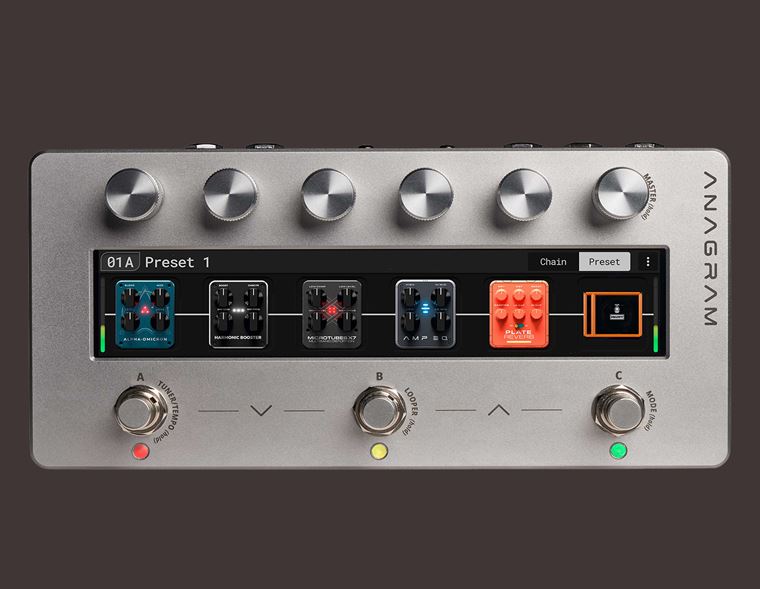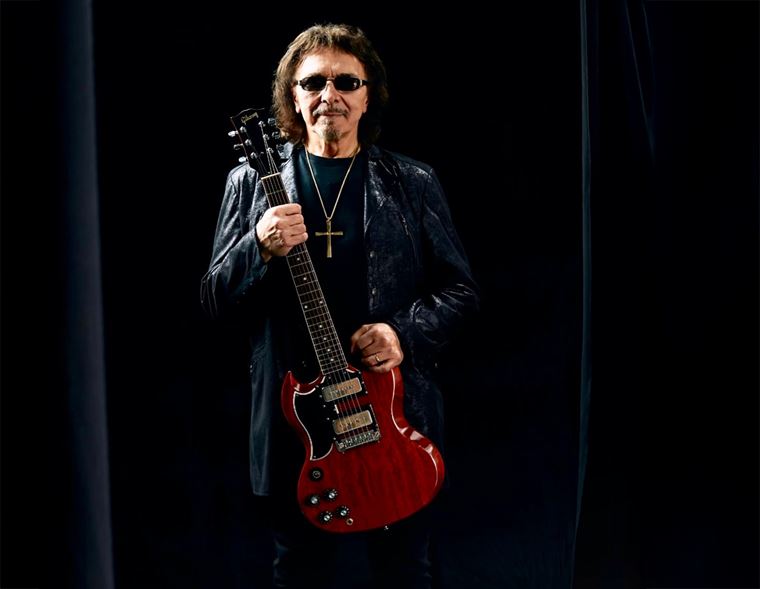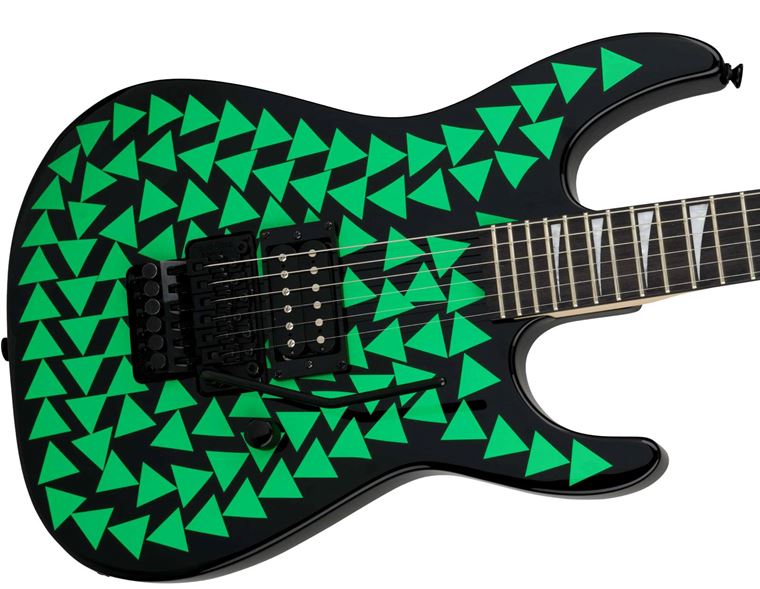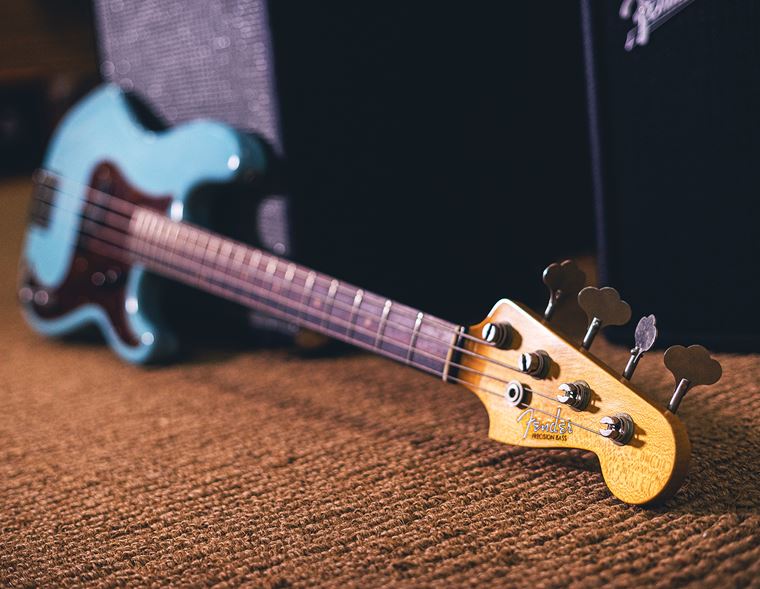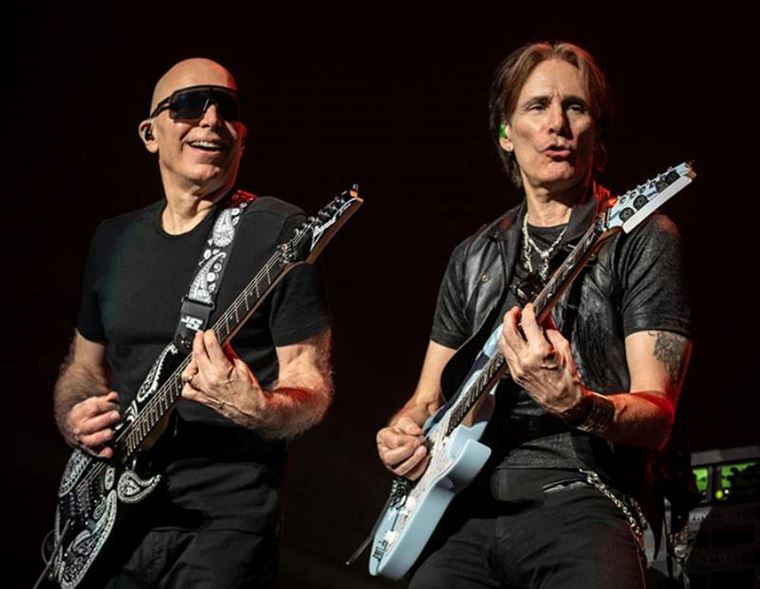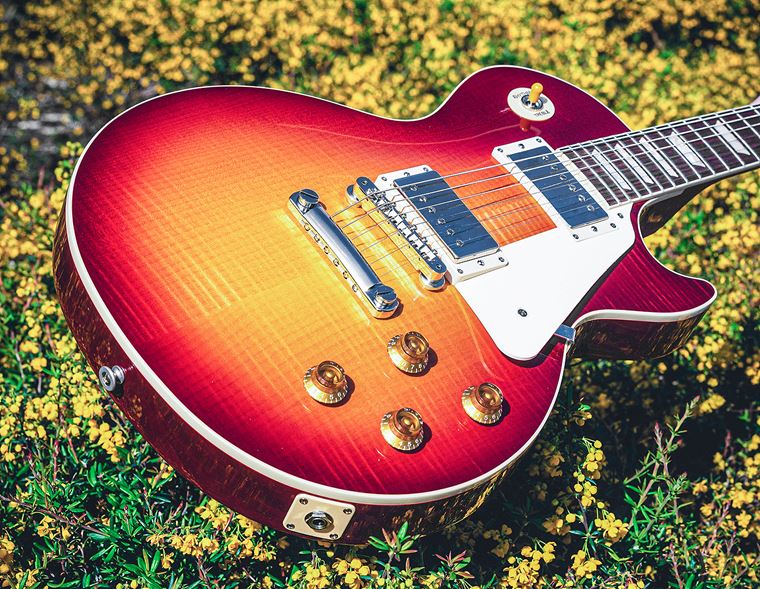5 Times the Guitar Changed History
The guitar is, in many ways, one of the most significant musical instruments in the world. Found in every country on the planet, and used in almost every conceivable musical genre, the humble six string has dominated how we play and hear music over the last century.
Today, we’ll look at five key examples of where and how the guitar has shaped culture and changed history.
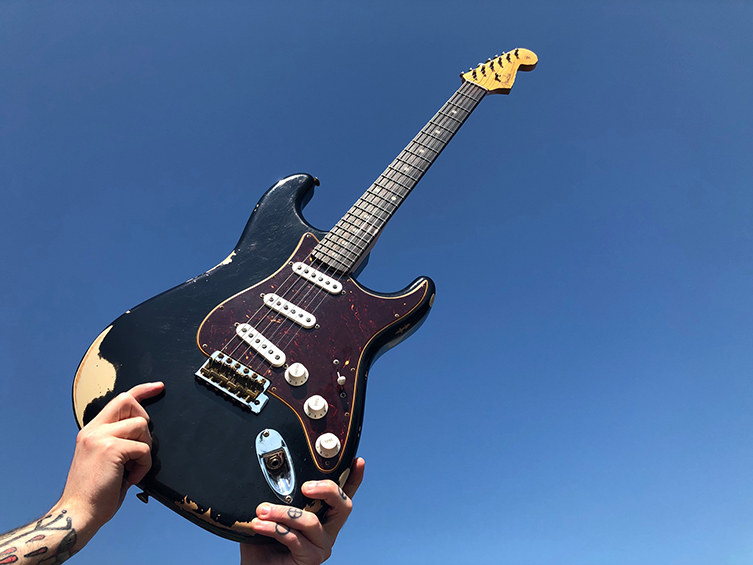
Guitars Have Made Playing Music More Portable and Accessible
From mediaeval troubadours and wandering minstrels to protest singers of the 60s, musicians have always wanted to travel and perform. Pianos present something of an issue in the portability stakes, but musos of times past have had lyres and lutes to cart about. The was also the Oud, the Moorish instrument that finally morphed into what we now recognise as the guitar (via a version called the guitarra morisca) when the Moors moved into Spain in the early 8th century.
For hundreds of years now, guitarists have accompanied Flamencas as they dance and sing their passionate tangos and bulerias on the streets of Andalusia.
Guitars made their way over to America from Europe and Africa, where they were played on porches and in fields, distinctly ‘people’ music from the grassroots of a developing nation.
Nowadays, travel guitars are massively popular, continuing this age-old tradition of carrying instruments around outside and playing in the open air. Guitars are great for this because they succeed as both lead and rhythm instruments, as well as being self-amplifying and portable. You can play lead, you can accompany a singer, you can play solo and you can be part of an ensemble. Acoustic guitars are self-sufficient, so they are the ultimate musical tool for the world’s performers.
Guitars invented ‘Bands’ as We Know Them
If you think of a stereotypical band these days, it’s likely that you’ll imagine a singer, a guitarist or two, a bassist and a drummer. Maaaaybe a keyboard player. It has been this way since the dawn of the electric guitar in the 1950s, but before that, it was all ‘big band’ music that required a dozen musicians playing brass instruments. You pretty much never see these bands any more, because the advent of the guitar (particularly the electric guitar of course) obliterated them and consigned them to history.
Was this a bad thing?
Big band acts such as the Glen Miller Orchestra ruled the roost before upstarts like Elvis casually rewrote the rule book overnight. It’s a tough world out there!
Guitars Invented Several Genres: Rock ‘n’ Roll, Hard Rock, Metal, Grunge…
It’s a mad thought to consider that, back 75 years ago, there was no such thing as rock music. It just didn’t exist! As we mentioned earlier, the advent of the guitar brought a new format for bands, but that new format also had their own styles of music too. Rock ‘n’ Roll caused a seismic shift across the whole planet, and that style both splintered off and developed into the multifaceted tapestry we now think of as ‘rock music’.
Surely, a band such as Led Zeppelin doesn't sound too similar to The Smiths, who are pretty different from Pantera, but they all fall under that umbrella term of rock music and they all rely on guitars for a significant part of their sound. This music - and the genres that formed around it - simply would not exist without guitars.
The Guitar Fuelled Revolutionary Moments in Culture
Woody Guthrie scrawling ‘This Machine Kills Fascists’ on the front of his guitar. Hendrix at Woodstock, describing the horrors of the Vietnam war with his Stratocaster. Bob Dylan ‘going electric’ and being called Judas by an audience member. Bob Marley taking the stage days after an assassination attempt. The year zero rewriting of the rules by the punk movement.
There are so many important cultural and political moments that have involved the guitar. Electrifying moments need electrifying sounds, and nothing beats a guitar set to stun. History has proven, time and again, that the guitar is the sound of revolution.
Guitar has Allowed Self-Taught Musicians to Rule!
Although it’s fair to say that anybody can try their hand at any instrument without having formal lessons, the guitar is the one at which most people excel by far. A vast number of players have had no ‘proper’ training at all, and we’re not just talking about hobbyists and enthusiasts, either. Check out this list of phenomenal players, all of whom have achieved their success without being taught:
- Jimi Hendrix
- Eddie Van Halen
- BB King
- Eric Clapton
- Prince
- Frank Zappa
- Kurt Cobain
- Jack White
- Joe Bonamassa
- Stevie Ray Vaughan
How’s that for a list?! Consider this is in marked opposition to the strictly repertoire-based gatekeeper world of classical music and it’s clear why guitars are so influential: everyone is welcome to take a spirited shot at the prize!
Accessible and Influential
Those were just some of the amazing moments through cultural history where the guitar has played a significant role. Did any of these moments prove to be a catalysing influence on you? However you’ve arrived at the instrument, the most important thing is to play it as much as you can, and enjoy your own life changing guitar moments!


